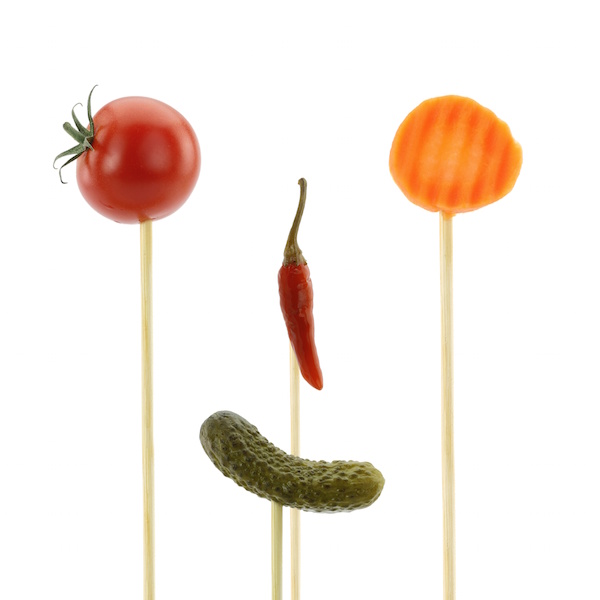TUESDAY, Dec. 27, 2016 (HealthDay News) — Why does acne still plague some women into adulthood? A new study offers some hints.
Researchers from Italy who looked at 500 women uncovered some factors related to the risk of acne after the age of 25 — including a low intake of fruits and vegetables, high stress levels and a family history of adult acne.
The findings do not prove that those things cause acne in some women, but it’s plausible that they are involved, dermatologists said.
“We see that people who have a diet of junk food tend to break out more,” said Dr. Debra Jaliman, an assistant professor of dermatology at the Icahn School of Medicine at Mount Sinai in New York City.
Specifically, Jaliman said, research has implicated foods with a high “glycemic index” — which cause blood sugar to surge. Some high-GI foods include white bread and rice, chips and crackers, and sugary baked goods.
Similarly, Jaliman said, chronic stress takes a toll on overall health, and that could show up on the skin.
Over 80 percent of teenagers have bouts of acne. The good news is, most see their skin clear up after age 20, according to a team led by Dr. Luigi Naldi, of the Study Center of the Italian Group for Epidemiologic Research in Dermatology in Bergamo, Italy.
Still, anywhere from 20 percent to 40 percent of adults continue to have breakouts, the researchers added.
“Women tend to get adult acne more often than men,” Jaliman said. “It’s often due to changes in hormone levels and or hormonal imbalances.”
Women may get acne before their menstrual period, for example, or when they start or stop birth control pills, Jaliman said.
But it’s not completely clear why some women continue to have acne, while others don’t.
To look into the question, Naldi’s team surveyed women seen at dermatology clinics in 12 Italian cities. Overall, 248 were diagnosed with acne and 270 were diagnosed with other conditions to serve as the control group.
The researchers found that certain lifestyle factors were tied to the risk of an acne diagnosis.
Women who ate fruits and vegetables, or fresh fish, on fewer than four days out of the week were more than twice as likely to have acne, compared to women who ate those foods more often.
The findings were published in the December issue of the Journal of the American Academy of Dermatology.
It’s not clear, though, whether fruits and veggies specifically ward off acne, according to another dermatologist who reviewed the study.
Women with diets low in those healthful foods may eat a lot of high-GI fare — which could be the culprit, explained Dr. Bethanee Schlosser, an associate professor of dermatology at Northwestern University Feinberg School of Medicine in Chicago.
She also noted that the study found no connection between dairy intake and acne, which conflicts with the researchers’ own previous work.
It’s possible, Schlosser said, that the diet factors tied to acne might be different for different age groups.
Along with diet, women’s stress levels were linked to acne risk: Those who reported “high” or “very high” stress levels had a threefold greater risk of acne, compared with women who were less stressed.
Acne risk was also higher among women whose parents or siblings had adult acne. The same was true of women who’d never been pregnant or had hirsutism — male-pattern hair growth on the face or body.
According to Jaliman, those latter findings may reflect the effects of polycystic ovary syndrome (PCOS) — a hormonal disorder that causes fertility problems, hirsutism and acne.
In fact, Schlosser pointed out, the study included women with a diagnosis of PCOS or other disorders that boost testosterone levels. And that limits the potential to extend the findings to the “general population of women” without hormonal disorders, she said.
But even though this study does not prove fish, fruit or stress reduction will clear a woman’s acne, it’s always wise to be mindful of diet and lifestyle, Jaliman noted.
“I recommend doing something that you find relaxing for yourself daily,” she said, pointing to meditation as an example.
Jaliman also advised eating plenty of fruits, vegetables and fish — which are clearly good for overall health.
More information
The American Academy of Dermatology has more on adult acne.
Copyright © 2026 HealthDay. All rights reserved.

